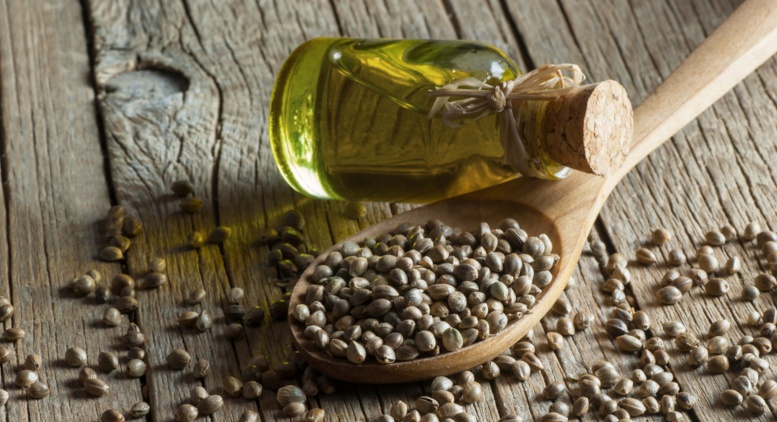By Richard Rose | Hemp Food Association
Food from the seed is the hemp industry’s first billion-dollar segment and has driven the planting of vast acreages in Canada and elsewhere; hemp food sales carried the industry for decades.
Totally legal to FDA and other food and drug agencies, it’s the one hemp product with millions of long-time consumers and tens of thousands of retailers worldwide and the most potential ones.
Ignored
Despite being the industry’s first big success story, the category has largely been ignored or worse.
Since 1999 the hemp food industry has been sacrificed by lobbyists and associations for gains in other aspects of hemp politics. Like in Canada and Europe, now in Congress there is a move to lower max THC in hemp foods from the current Congressionally-mandated 0.3%, to 0.001%, “horse-trading” in order to get marijuana descheduled federally. (THC is in the resin stuck to the outside of the seed shell when the seed touches the resinous flowers near it, called “adherent”).
The technicalities
Canada is unsurprising, as hemp there is regulated not by “their USDA,” but by “their DEA/FDA,” and the laws were written almost a quarter-century ago, the first hemp country in the Americas.
Besides the 30 years of hemp food in this country, we also have eight years of federal legalization of hemp in the U.S. since the 2014 Farm Bill which was the first time in history the U.S. had officially mentioned or addressed hemp or 0.3% THC.
Until then, all hemp products were technically “marijuana” to the Feds but ironically also had no maximum THC level due to a 2004 Ninth Circuit Court of Appeals decision. Yet in all this time, 0.3% and above max THC in foods never proved to be a problem; there was no complaint from the government or drug testing companies, or from consumers failing drug tests due to hemp foods.
No ill effects
If the most THC-phobic nation in the world, drug-testing millions daily down to 2 ng/ml for drivers, has no problem with 0.3% max THC in hemp foods then no one else should, especially in the absence of evidence to the contrary.
It’s possible that the healthful effects we attribute to the nutrition of hempseed oil are actually from the trace cannabinoids often found in it, both THC and the typically 20 times more CBD in hemp. Humans and animals have been safely and uneventfully consuming THC and CBD in hempseed products such as oil for millennia, with no ill effects. It might be the world’s oldest and largest THC toxicology test ever.
The problem with this 300-times reduction in max THC for hempseed foods is that it is entirely political, arbitrary and anti-science, unsupported by the facts or history, has no reasonable or needed basis, and is grounded in irrational fear of nontoxic THC.
What we need
But the bigger problem seen by the Hemp Food Association is that the industry gets nothing in return, and to be sure we have a list:
- Allow “THC-free” declaration if the product contains 0.001% or less THC (much like how “fat-free” can have 0.5 grams fat and “alcohol-free” can be 0.5% alcohol);
- Remove the requirement for fingerprinting and background checks for farmers of technical hempseed (grain);
- Remove the requirement for pre-harvest THC testing of AOSCA/OECD-certified cultivars of hemp grown for technical hempseed (grain);
- Pre-harvest THC testing rule should not go into effect until 30 days after germination, to allow for hemp sprouts as food;
- Approve use in the National School Lunch Program and purchase for use as food for military and other government feeders;
- Lift the military and law enforcement ban on the consumption of compliant hempseed foods;
- Require insurance companies to treat hempseed food companies like any other food business, especially for products liability insurance;
- Increase USDA/NCIF and FDA marketing and export programs and grants for companies marketing foods from hempseed;
- FDA should consider new hempseed ingredients as substantially equivalent to GRAS under GRN-765;
- Approve hempseed in commercial animal feed;
- Remove the ban on drug felons in hemp, and more.
The hemp food industry can achieve the 300-times reduction in max THC to 0.001% but first, we need to address the needs of hemp’s most important sector.
Richard Rose is the founder of the U.S.-based Hemp Food Association. He writes and produces “The Richard Rose Report.”

